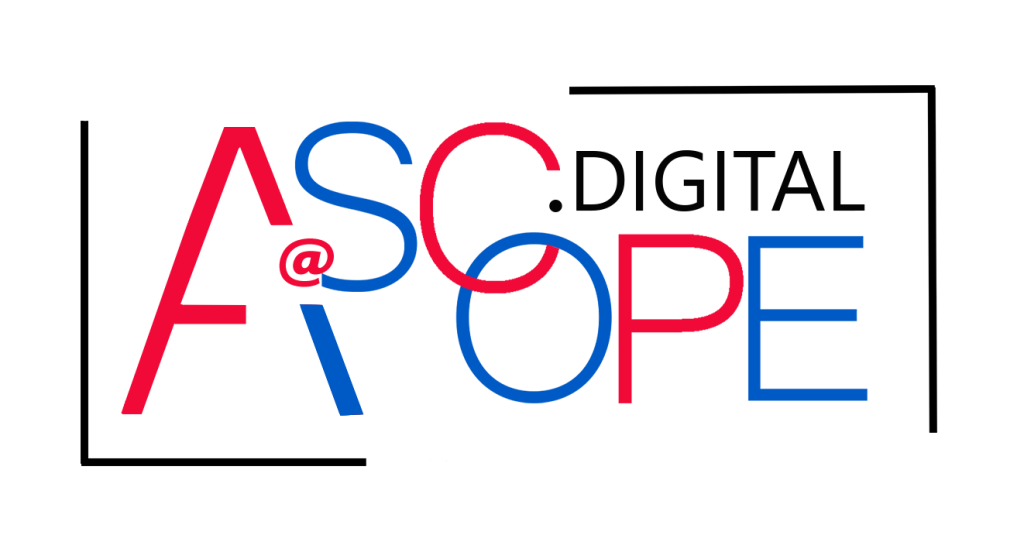In the fast-paced world of digital marketing, maintaining a consistent and strategic approach to content creation is paramount. This is where a content calendar comes into play. A well-structured content calendar serves as a roadmap for your content marketing efforts, ensuring that your content aligns with your SEO goals and resonates with your target audience. In this article, we will delve into the numerous benefits of a content calendar and how it can significantly enhance your SEO strategy.
What is a Content Calendar?

A content calendar is a planning tool that outlines the schedule and details of your content creation process. It includes the topics, publication dates, content formats, and the platforms where the content will be published. By having a clear overview of your content strategy, you can maintain consistency, avoid last-minute rushes, and ensure that your content is always relevant and timely.
Enhancing Consistency and Regularity
Consistency is key in content marketing. Regularly publishing high-quality content not only keeps your audience engaged but also signals to search engines that your website is active and reliable. A content calendar helps you plan and stick to a consistent posting schedule, which is crucial for building and maintaining an online presence.
Search engines, like Google, favor websites that regularly update their content. This consistent activity can lead to better indexing and higher rankings in search engine results pages (SERPs). Thus, improving traffic and sales for your website. Read more on the other reasons why your website isn’t getting traffic.
Aligning Content with SEO Goals
A content calendar allows you to strategically plan your content around your SEO goals. By mapping out your content in advance, you can ensure that each piece aligns with specific keywords and topics that you want to rank for. This strategic alignment is essential for optimizing your content for search engines.
When planning your content, consider the keywords you want to target. Incorporate these keywords naturally into your content and ensure that they are relevant to your audience. This targeted approach can help improve your website’s visibility in search engine results and attract more organic traffic.
Better Resource Management
Creating high-quality content requires time, effort, and resources. A content calendar helps you allocate your resources more effectively by providing a clear overview of your content creation process. You can plan ahead, assign tasks, and ensure that your team has enough time to produce top-notch content.
By planning your content in advance, you can also identify potential gaps in your content strategy and address them proactively. This proactive approach can help you avoid content droughts and ensure that your website remains fresh and engaging.
Improved Content Quality
A well-thought-out content calendar allows you to focus on quality rather than quantity. Instead of rushing to create content at the last minute, you can take the time to research, draft, and polish each piece. This focus on quality can lead to more valuable and informative content that resonates with your audience and performs well in search engine rankings.
High-quality content is more likely to be shared and linked to by other websites, which can boost your website’s authority and improve its SEO performance. By consistently producing valuable content, you can establish your brand as a trusted authority in your industry.
Effective Topic Brainstorming
Brainstorming content ideas can be a daunting task, especially if you’re doing it on the fly. A content calendar provides a structured framework for brainstorming and planning your content topics. You can plan your content around key events, industry trends, and seasonal themes, ensuring that your content is always relevant and timely.
When brainstorming content ideas, consider the interests and pain points of your target audience. What questions are they asking? What problems are they trying to solve? By addressing these questions and providing valuable insights, you can create content that resonates with your audience and drives engagement.
Leveraging Analytics for Content Planning
One of the key advantages of a content calendar is the ability to leverage analytics for content planning. By analyzing your website’s performance data, you can identify which types of content resonate most with your audience and drive the most traffic. This data-driven approach can help you create content that is more likely to succeed.
Use tools like Google Analytics to track the performance of your content and identify trends. Which blog posts are getting the most views? Which social media posts are generating the most engagement? By understanding these trends, you can tailor your content strategy to meet the needs and preferences of your audience.
Facilitating Collaboration

A content calendar is an invaluable tool for facilitating collaboration within your team. It provides a clear overview of the content creation process, allowing team members to see what needs to be done and when. This transparency can improve communication and ensure that everyone is on the same page.
Assigning tasks and deadlines in your content calendar can help keep your team organized and accountable. Whether you’re working with writers, designers, or social media managers, a content calendar can help streamline your workflow and ensure that your content is delivered on time.
Maximizing Content Distribution
Creating great content is only half the battle; you also need to ensure that it reaches your target audience. A content calendar can help you plan your content distribution strategy, ensuring that your content is published on the right platforms at the right times.
Consider the various channels you can use to distribute your content, such as your website, blog, social media, email newsletters, and more. By planning your content distribution in advance, you can maximize the reach and impact of your content.
Tracking and Measuring Success
A content calendar allows you to track and measure the success of your content marketing efforts. By setting clear goals and tracking key performance indicators (KPIs), you can evaluate the effectiveness of your content strategy and make data-driven decisions.
Use your content calendar to track metrics such as website traffic, engagement rates, social media shares, and conversion rates. By analyzing these metrics, you can identify what’s working and what’s not, and adjust your strategy accordingly.
Adapting to Changes
The digital marketing landscape is constantly evolving, and your content strategy needs to be flexible enough to adapt to changes. A content calendar provides a structured yet flexible framework that allows you to adjust your plans as needed.
Whether it’s a sudden industry trend, a new algorithm update, or a change in your business goals, a content calendar allows you to pivot your strategy quickly and effectively. This agility can help you stay ahead of the competition and maintain your relevance in the ever-changing digital landscape.
Conclusion
In conclusion, a content calendar is an essential tool for any successful content marketing and SEO strategy. By providing a structured framework for planning, creating, and distributing content, a content calendar can help you maintain consistency, improve content quality, and achieve your SEO goals. From enhancing consistency and aligning content with SEO goals to leveraging analytics and facilitating collaboration, the benefits of a content calendar are numerous. By adopting a content calendar, you can streamline your content creation process, maximize the impact of your content, and ultimately drive more traffic and sales to your website.
If your website isn’t getting the traffic you expect, it may be time to evaluate your content strategy. A well-structured content calendar could be the missing piece that helps you achieve your SEO goals and improve your website’s performance. Thus, improving traffic and sales for your website. Read more on the other reasons why your website isn’t getting traffic. In the end, the key to successful content marketing and SEO lies in planning, consistency, and continuous improvement. A content calendar provides the foundation for all these elements, helping you create a robust and effective content strategy that drives results. So, if you haven’t already, start creating your content calendar today and watch your SEO performance soar


